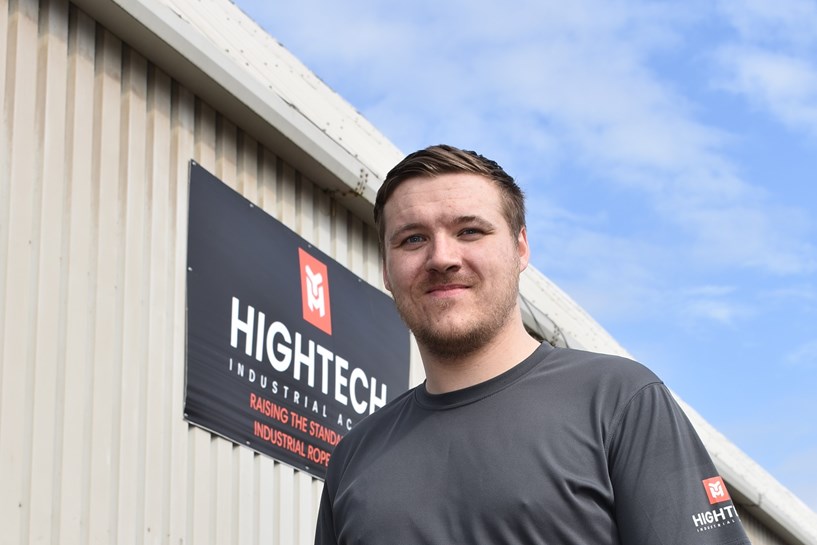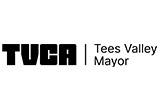Even with training it’s hard to predict how you will react to the reality of working hundreds of metres in the air.
For rope access technician Adam that is the reality of the day job, since securing work on the back of a NETA bespoke employer led training programme.
Taking stock of the last few months as a rope access technician with Hightech Industrial Access, a stand-out job was working from the mast on the old De Wadden schooner at Liverpool’s Cannon Dock, with hundreds of tourists looking on.
The tricky bit is not so much when you look down, but, he said, “when it’s windy or a piece of equipment moves,” that’s when you have to have faith in yourself, your buddies and, of course, your training.
Previously working as a floor layer, a career on the ropes couldn’t be a more substantial change for the 27-year-old from Ingleby Barwick, who explained he felt ready for a new direction.
He was clearly looking up as Adam was thinking about working on the wind turbines in the renewable field.
Self-funded, he said: “I put myself through some courses, but there is only so much you can pay out before you need to do something else.”
When a last-minute place became available on the NETA rope access programme, working alongside Hightech, and funded by the Tees Valley Mayor and Combined Authority, it was too good an opportunity to miss.
The six-week employability programme covers the basics to work on a construction site. It incorporates confined spaces training, safety passport, rigging and lifting, first aid, working at heights, rope access and comes with a guaranteed interview.
Going on to be offered contract work with Hightech came as a much hoped for bonus for Adam, who has since received additional training in high risk confined space rescue, a supervisory course, and mobile elevating work platform (MEWP) and cherry picker operator training.
Adam describes the role as a construction worker who works at height. His first job involved industrial clearing at 65m and then, of course, there was the decommissioning of the De Wadden schooner in a dry dock in front of a fascinated passing audience.
He said: “With the variety of the work you have to have a lot of different skills, the more the better. I like to think I can turn my hand to anything.”
Pleased to have taken the plunge and signed up to the short course at NETA, he added: “I’m certainly glad it paid off.”


















